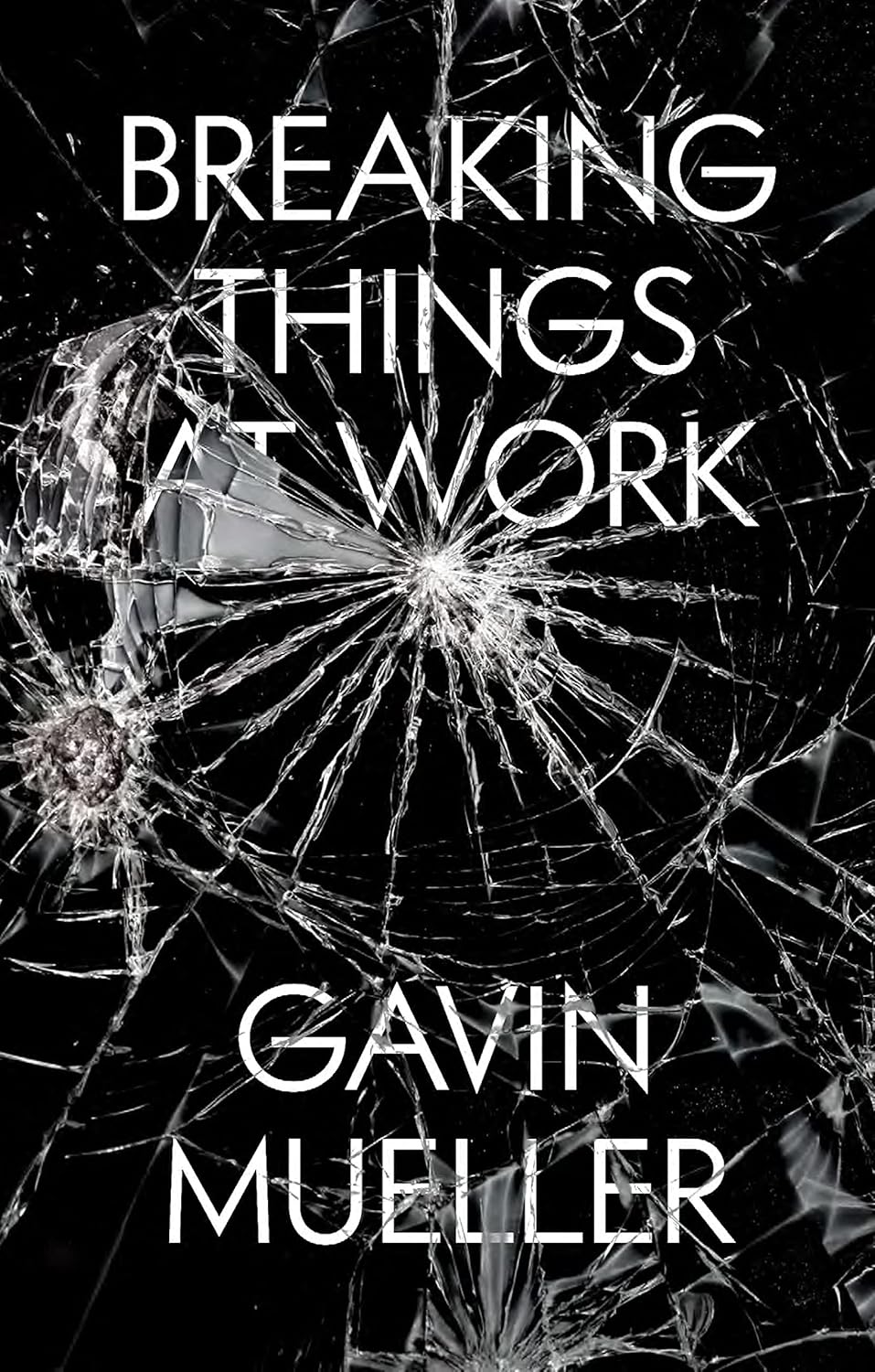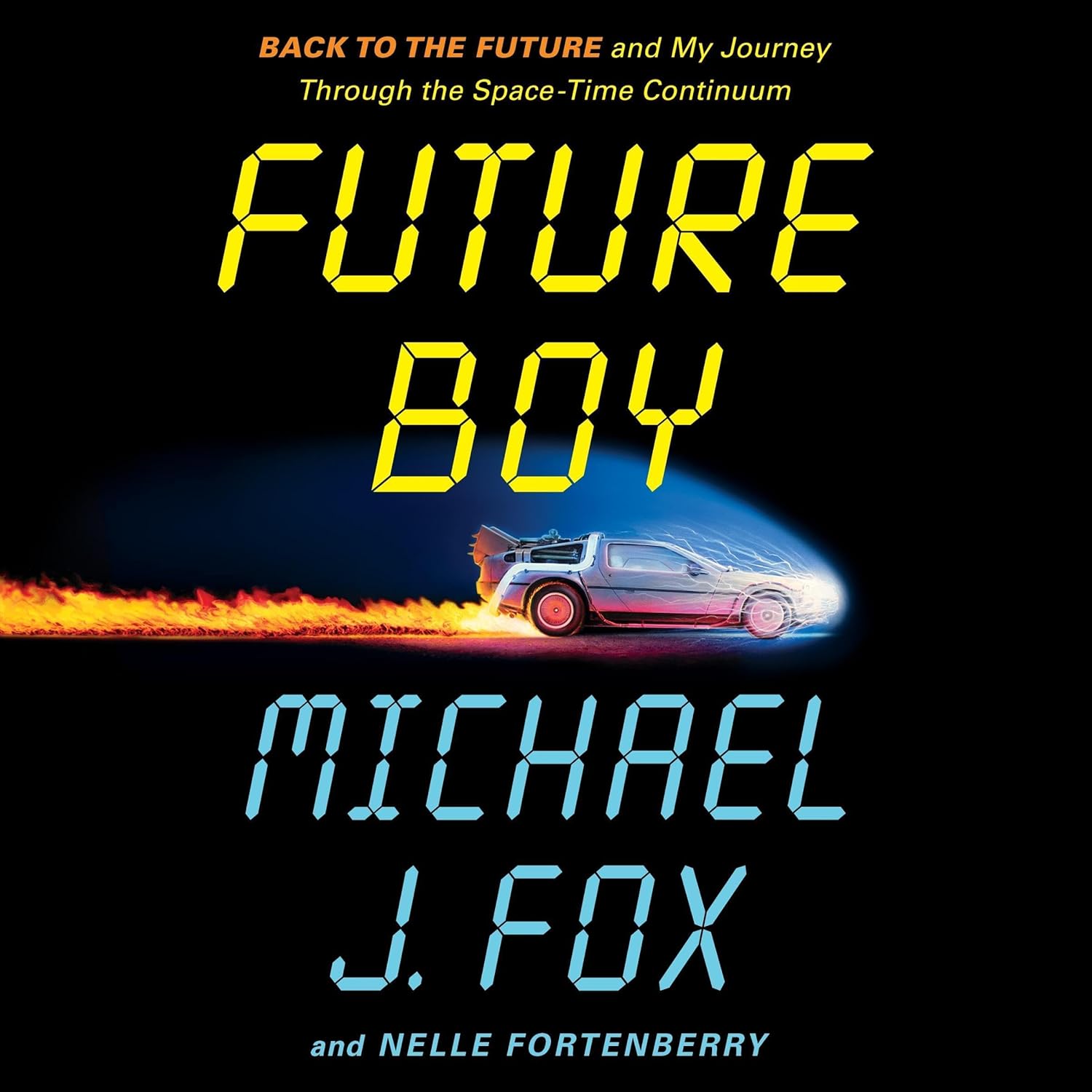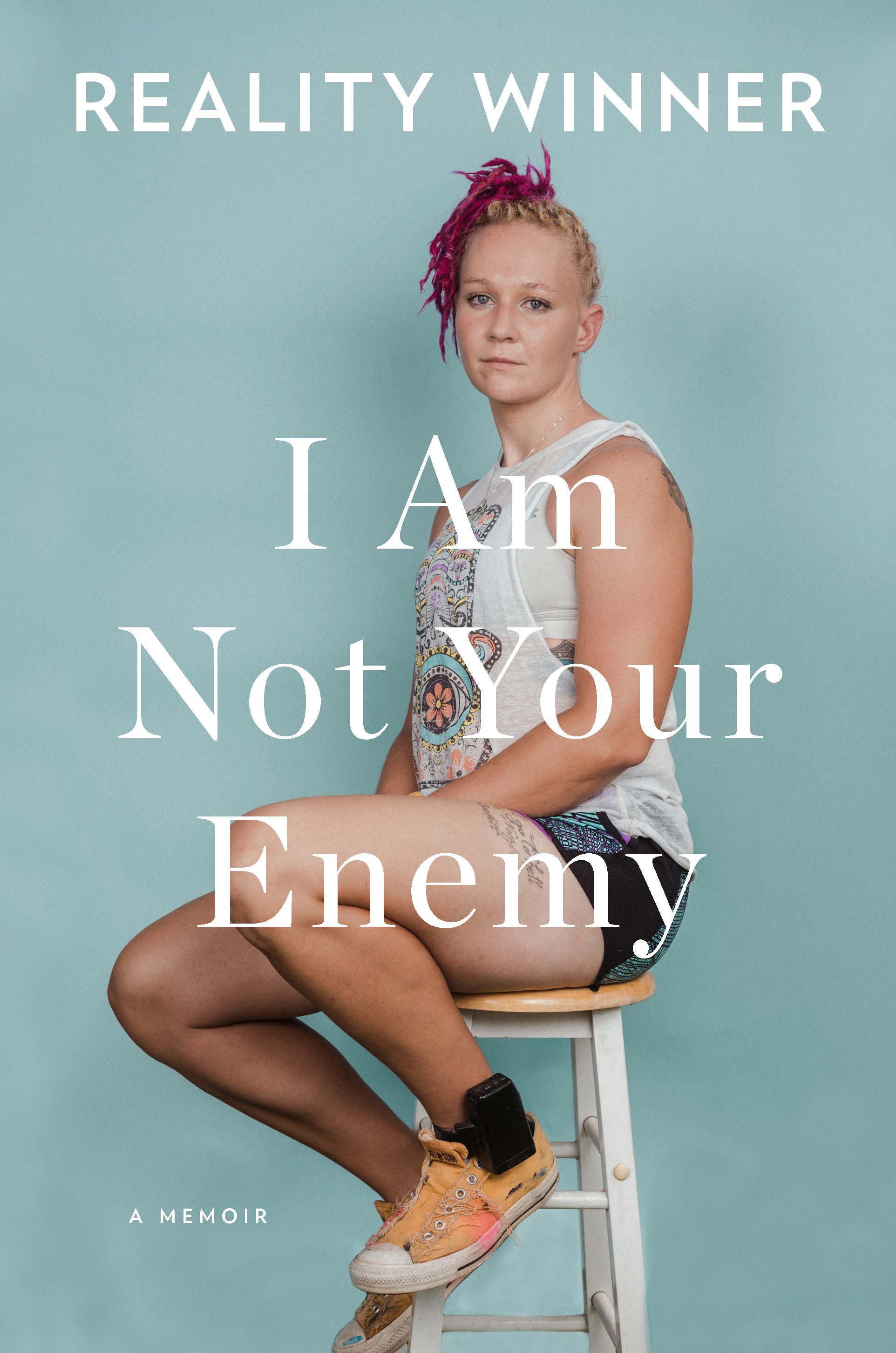I bought this audiobook under the assumption I'd chosen the Johnny Truant book by the same name.
The first 1/3 to 1/2 of this book was good - a variety of characters who feel like they have secrets and motivations. Until you get to the end of the book and most of the characters never actually do anything.
What the hell was Sejal even there for? She's apparently there to provide a potential love interest for Doug, and it feels like there's a real secret she has... but that just doesn't go anywhere. She felt pasted in as an afterthought.
Out of interest, at this point, I did a quick scroll through reviews on other sites, and I'm not alone in thinking the first half was pretty good.









